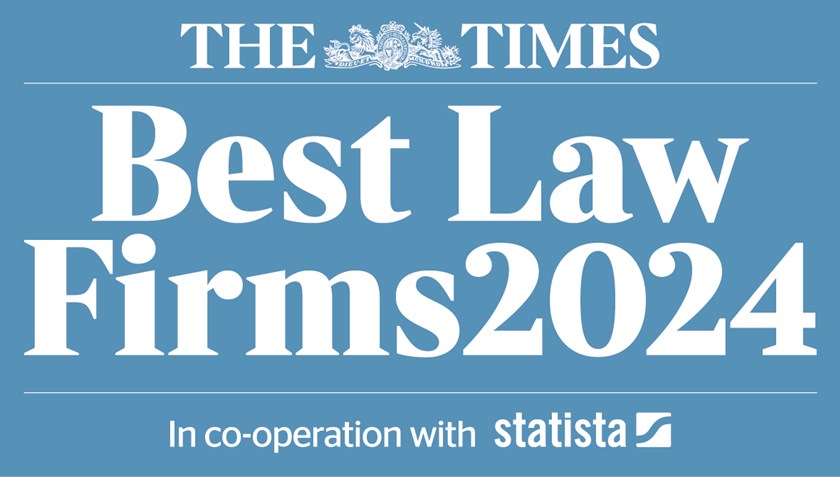Fundraising Regulator publishes the final plans for the Fundraising Preference Service
News

In October 2016, we reported on the consultation proposals for the Fundraising Preference Service (FPS). The Regulator has now published its decision on what the FPS will look like – and it has opted for a much simpler service than that envisaged by the FPS Working Group.
The consultation proposed a two-stage approach:
1. individuals would be able to name specific charities/fundraisers they no longer wanted to hear from; and
2. individuals could suppress all fundraising communications from charities with annual funding expenditure of £100k or more.
The Regulator is going ahead with the first part of this but dropping the second. It concluded that defining what constitutes a "fundraising communication" would be too difficult and might lead to inadvertent inconsistencies. It was also concerned that the proposed system (which would give charities 28 days to write to new FPS registrants with whom they had previously been in contact to ask if they wanted to stop receiving fundraising materials) might result in donors receiving a lot of correspondence in a short space of time. The Regulator points out that, under its simplified system, charities will not have to pay for access to suppression lists.
So, the FPS will proceed on the following basis:
• individuals will be able to specify the charities they no longer want to hear from;
• the opt-out will cover all charities and all forms of communication with a named individual (email, text, telephone and addressed mail);
• the process will be IT-based but with a supporting telephone service for those who need/prefer it;
• the Regulator will ensure that charities are notified of opt-outs and that they comply;
• signposting to the TPS and MPS will be available;
• accompanying guidance will explain to the public how best to manage contact with charities and what the FPS will and will not do;
• the FPS will apply to charities based in England and Wales.
The Regulator notes that the levy should cover the costs of running the FPS, although it may need to be increased. It will keep charges under review and consider whether some charge should be made to fundraising charities that are not subject to the levy.
The aim is for the FPS to begin operating in spring or early summer 2017.
In some ways, this may come as a relief to charities, in that the system we've ended up with looks a lot less threatening than the 'big reset button' we'd been led to anticipate. At the same time, it seems to have denuded the FPS of much of its purpose. It may be convenient for individuals to be able to delegate to somebody else the task of telling charities to stop sending them fundraising materials – and may be particularly welcomed by those who are vulnerable or whose letterboxes are creaking under the weight of charity missives – but it's unclear whether the benefits of such a trimmed-back service will justify its costs. It's also uncertain whether this 'FPS-lite' will produce the hoped-for boost to the public's confidence in charity fundraising.
The Regulator's decision paper, and a summary of the responses to the consultation, can be found here.
If you require further information on anything covered in this briefing please contact Rachel Holmes ([email protected]) or your usual contact at the firm on 020 3375 7000. Further information can be found on the Charities page of our website.
This publication is a general summary of the law. It should not replace legal advice tailored to your specific circumstances.
© Farrer & Co LLP, January 2017







